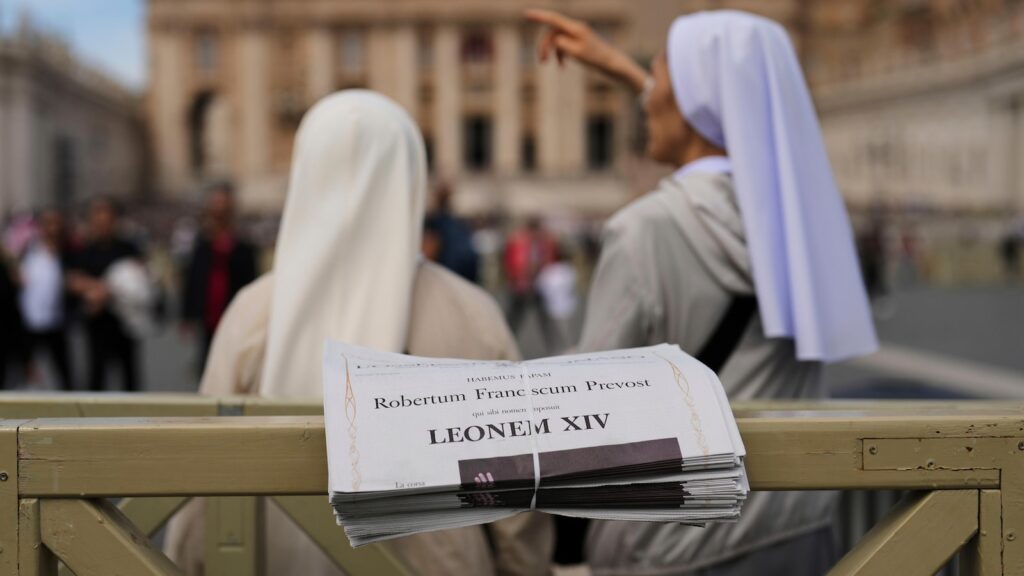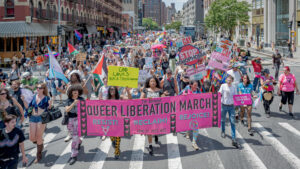
The debate within the Catholic Church regarding the celebration of the traditional Latin Mass is intensifying as Pope Leo XIV’s pontificate begins. This development follows the apparent leak of Vatican documents that challenge the rationale behind Pope Francis’ decision to restrict access to the ancient liturgy.
The leaked documents suggest that a majority of Catholic bishops who participated in a 2020 Vatican survey expressed satisfaction with the Latin Mass. They warned that restricting it could “do more harm than good.” These texts from the Vatican’s doctrine office were made public by Diane Montagna, a Vatican reporter closely following the Latin Mass controversy. The Vatican has yet to confirm the authenticity of the documents or comment on them.
The Roots of the Controversy
The controversy over the Latin Mass has its roots in Pope Benedict XVI’s 2007 decision to relax restrictions on its celebration. This move was seen as an attempt to bridge gaps within the Church by allowing the traditional liturgy to coexist with the modernized version introduced by the Second Vatican Council in the 1960s. However, Pope Francis reversed this decision in 2021, citing concerns that it had become a source of division.
Francis stated that his crackdown was in response to the wishes of bishops worldwide and the Vatican doctrine office’s opinion. He expressed concern that the relaxation of restrictions had been “exploited to widen the gaps, reinforce the divergences, and encourage disagreements that injure the church.”
Leaked Documents: A Different Perspective
The documents released online present a different narrative. They indicate that most bishops surveyed were in favor of Benedict’s reforms and warned that reversing them could lead to traditionalist Catholics leaving the Church. The documents include a comprehensive assessment of the survey findings and quotes from individual bishops or bishops’ conferences.
“The majority view of the bishops, that restricting the TLM would cause more harm than good, has sadly been proved correct,” said Joseph Shaw of the Latin Mass Society of England and Wales.
While some bishops viewed Benedict’s reforms as “inappropriate” and “dangerous,” the Vatican’s assessment highlighted the positive impact on religious vocations in traditionalist communities and the appeal of the liturgy’s “sacredness, seriousness, and solemnity” to young Catholics.
Implications for Pope Leo XIV’s Pontificate
The leak of these documents presents a challenge for Pope Leo XIV, who has emphasized unity and reconciliation within the Church. The Latin Mass dispute is seen by many conservatives and traditionalists as an area requiring urgent attention. The new revelations have provided comfort to those who felt marginalized under Francis’ papacy.
Joseph Shaw urged Pope Leo to address the issue “urgently,” reflecting the sentiment among traditionalists that the current restrictions are based on a minority view among bishops.
Looking Forward
Pope Leo XIV’s response to this controversy will be closely watched as an indicator of his approach to Church governance and his ability to navigate the complex dynamics of tradition and modernization. The broader implications for the Church’s unity and its mission in the 21st century remain to be seen.
As the Catholic community awaits further clarification from the Vatican, the debate over the Latin Mass continues to be a focal point of discussion, highlighting the ongoing tensions between tradition and reform within the Church.
The Associated Press religion coverage receives support through the AP’s collaboration with The Conversation US, with funding from Lilly Endowment Inc. The AP is solely responsible for this content.






